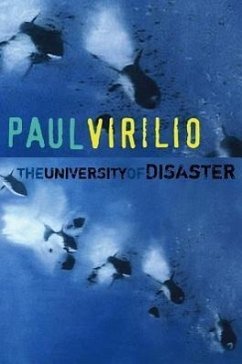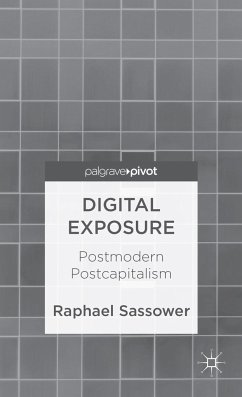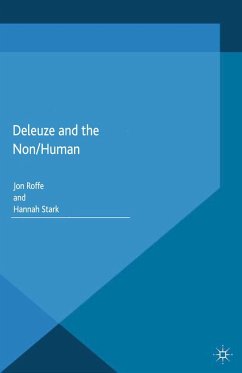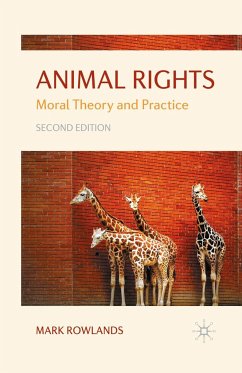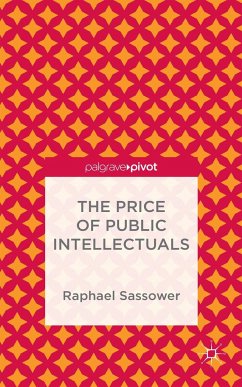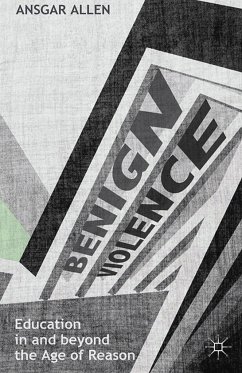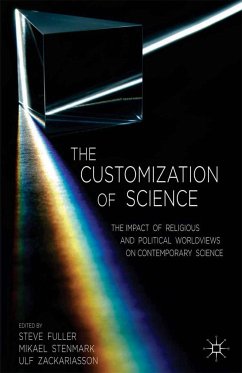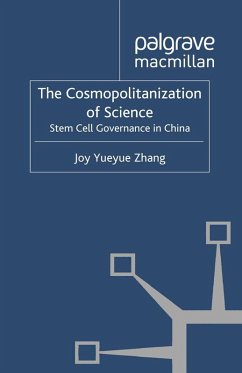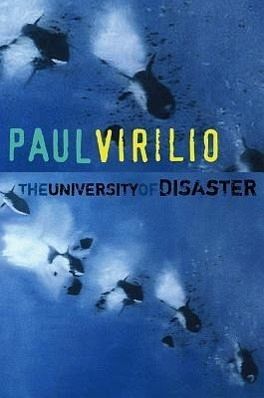
The University of Disaster
Versandkostenfrei!
Versandfertig in über 4 Wochen
19,99 €
inkl. MwSt.

PAYBACK Punkte
10 °P sammeln!
"The world of the future will be a tighter and tighter struggle against the limits of our intelligence", announced Norbert Wiener... On top of such confinement, today we are faced not only with the greenhouse effect of global warming but also that of incarceration within the tighter and tighter limits of an accelerating sphere, a dromosphere, where depletion of the time distances involved in the geodiversity of the Globe rounds off the depletion of the substances produced by biodiversity. An unanticipated victim of this geophysical foreclosure is science - not only biology but also physics, th...
"The world of the future will be a tighter and tighter struggle against the limits of our intelligence", announced Norbert Wiener... On top of such confinement, today we are faced not only with the greenhouse effect of global warming but also that of incarceration within the tighter and tighter limits of an accelerating sphere, a dromosphere, where depletion of the time distances involved in the geodiversity of the Globe rounds off the depletion of the substances produced by biodiversity. An unanticipated victim of this geophysical foreclosure is science - not only biology but also physics, the "Big Science" now confronted by the space-time contraction of the known world and of knowledge once acquired here below. Whence the threat, still unnoticed, of an accident in knowledge which will double the accident of polluted substances and put paid to this crisis of reason denounced by Husserl, with the extravagant quest for a substitute exoplanet, a new "Promised Land" to be colonised as swiftly as possible; the climate necessary to the life of our minds, as much as to the life of our bodies, from then on, on this old Earth of ours, being like the fatal consequences of a long illness requiring hospitalisation.



